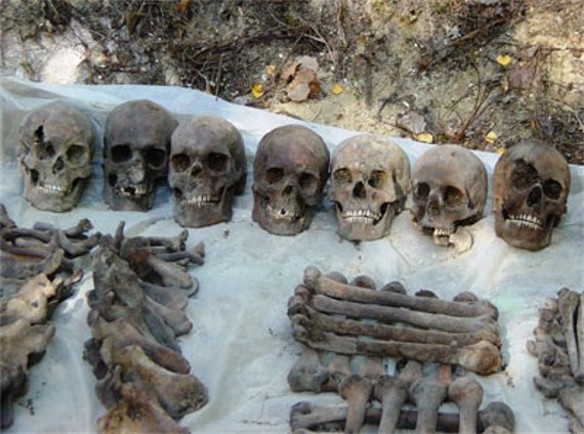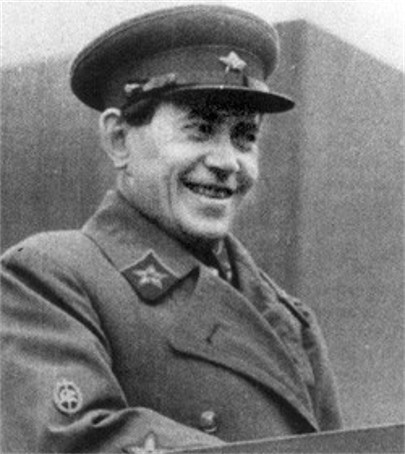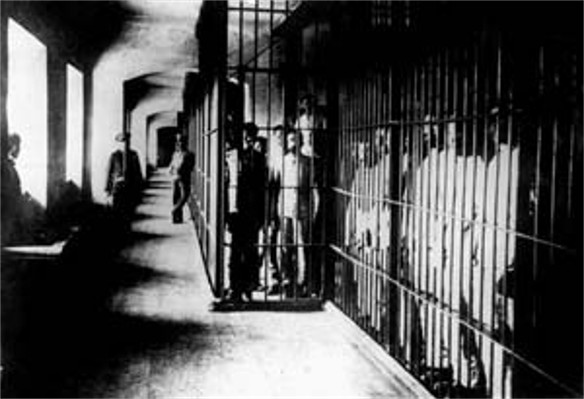Yezhov terror
Yezhov terror (yezhovshchyna). The mass repressions in the Union of Soviet Socialist Republics in 1937–8 conducted by Nikolai Yezhov (b 1895, d 1939?) (photo: Nikolai Yezhov) as commissar of internal affairs (head of the NKVD). The reasons for the mass terror have never been fully explained. It began with a resolution of the Central Committee of the All-Russian Communist Party (Bolshevik) in March 1937 calling for wider repressions. According to Nikita Khrushchev, in the course of 1937 the number of arrests increased tenfold compared to 1936. Testimony and evidence about the subversive activities of the detainees and the existence of various underground and intelligence organizations were fabricated by the secret police. Bolshevik leaders, such as Georgii Piatakov, K. Radek, N. Bukharin, and A. Rykov, were tried and executed. A group of military officers, including Marshal M. Tukhachevsky, were shot. Throughout the USSR about 300,000 people were executed, and 3,500,000 deported to concentration camps.
In Ukraine 162,000 members of the Communist Party (Bolshevik) of Ukraine, representing 35 percent of its total, disappeared during the Yezhov terror. About 98 percent of the Party's Central Committee and Ukraine's government and 80 percent of the oblast committees of the party and the oblast executive committees of the oblast soviets were arrested. The ranks of lecturers in higher educational institutions, teachers, physicians, agronomists, engineers, and technicians were decimated. Prominent Party and government officials in Ukraine, such as Pavel Postyshev, Stanislav Kosior, Volodymyr Zatonsky, M. Popov, Oleksander Shlikhter, Andrii Khvylia, and V. Balitsky, vanished. Hryhorii Hrynko, Ivan Dubovy, and Yona Yakir were executed. Panas Liubchenko, the prime minister of Ukraine, committed suicide. The academicians Mykhailo Kravchuk and Yevhen Oppokiv were sent to labor camps. Writers such as Ivan Mykytenko, Ivan Kulyk, Borys Kovalenko, Ivan Kyrylenko, and Mykola Filiansky disappeared without a trace.


